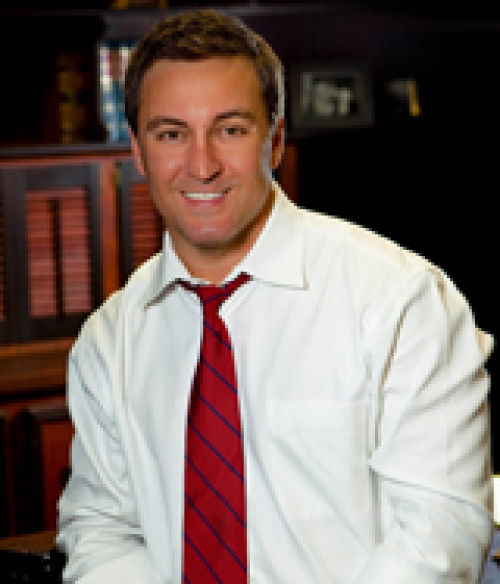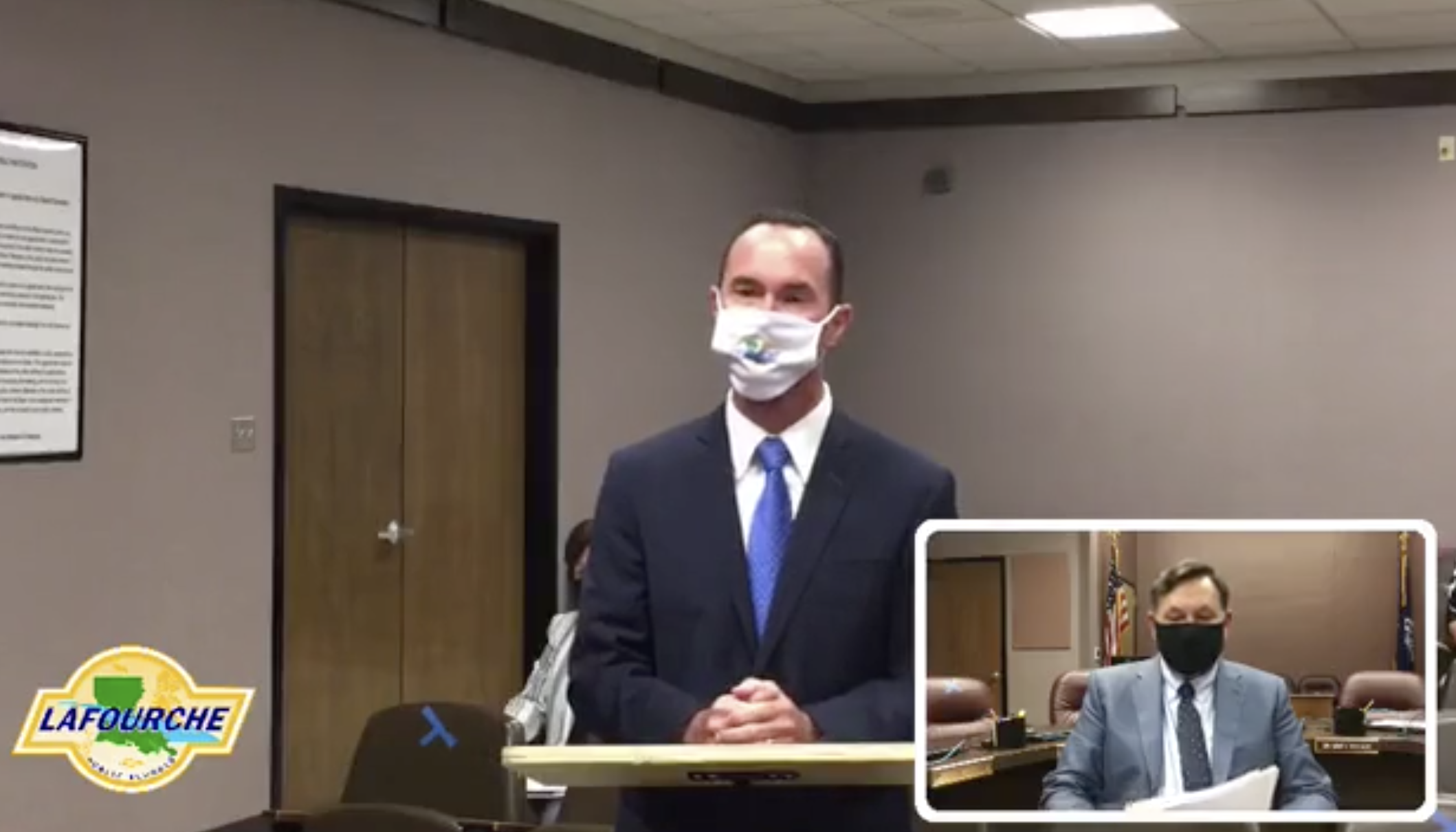
Chabert demurs on Landrieu challenge
June 18, 2013Legislative session kept local delegation busy
June 18, 2013The Lafourche Parish Council emerged from the same rabbit hole in which it dove without finding what it sought.
After a 70-minute debate, procedural wrangling, myriad misstatements and two vastly different votes on the same amendment, the council ultimately passed Parish President Charlotte Randolph’s emergency pay policy without substantial change by a 7-2 vote. Opponents pledged to present reorganized concerns at a future meeting.
Impacted employees will see a significant increase in hazard compensation, with some now eligible for 3-times their base pay and those working when parish government is closed receiving 2.5-times their base pay.
A special administrative committee crafted amendments to the standing document, a nuanced task that had to deliver specific, yet flexible guidelines because of the range of emergency situations.
“You’ve got to have this general policy and then an ability to adjust as necessary,” Randolph said. “The adjustment is made, first and foremost, on the safety, and secondly, on the finances of the parish.”
As stipulated in the now-current law, the emergency pay guidelines are:
– Any parish employee called into work during an emergency while parish offices are closed will receive 2.5-times their base pay for all hours worked. If this situation falls on a government holiday, employees are paid 3.5-times their base pay.
– When parish offices are open, normal wage rates apply for all employees, excluding those who are working on an ongoing state of emergency. These employees are paid 1.5-times their base pay and are eligible for overtime at the same rate, instead of compensated hours.
– Employees requested directly by the parish president to remain on site during a mandatory evacuation are paid 3-times their base pay, with a cap at 18 hours or until the “threat has passed over the parish.”
“It is not a tremendous amount of money in the greater scheme of things, when we pay overtime during an emergency,” said Randolph, who added her proposal would pay parish employees at rates “they are due.”
The parish president has the authority to declare a state of emergency, which the council can lift in accordance with the state constitution, Randolph said.
A state of emergency doesn’t automatically implement the parish’s emergency pay policy, which requires a second declaration, Parish Administrator Archie Chaisson clarified.
Emergency wages are typically eligible for 75 percent reimbursement through FEMA.
Though most of the criticism centered on the wage rate hikes, some councilmen criticized the fact higher-salaried employees would reap greater benefits than the field employees because they make higher hourly wages.
“I wish we could break it down and come up with a figure to help out the smaller guy a lot more than the big guy,” Councilman Lindel Toups said.
It was also insinuated that employees working from the emergency operations center should not apply to the same provisions as field workers.
“People that answer the phones, I wouldn’t put them one the same level as these guys having to be out in the field – you’re correct,” Randolph said. “But at the same time, they offer a value to the situation just as these people do.”
Various storm categories, directions and the threats they pose require differing staffing levels, which is why the administration could not present figures as to what the pay-rate changes would entail, Randolph said.
After winning a deferral two weeks prior, the council seemed ready to pounce on Randolph’s proposal. Three amendments reshaping the policy were submitted in advance of last week’s meeting, but only two were heard, with one winning enactment.
Regarding compensation, the only proposed amendment to the emergency pay policy failed, but not before it passed.
Authored by Councilman Daniel Lorraine, it would have set the pay rate for essential employees called into work during an emergency at double time “for all hours worked.” In addition to scaling Randolph’s proposal back from double time and one-half for hours worked, the proposal would have eliminated bonus pay for the same employees during emergency situations on a holiday.
The amendment passed 5-4, with John Arnold, Joe Fertitta, Phillip Gouaux and Lindel Toups in opposition.
Before the council moved on to the next amendment, however, the administration said the newly passed provision would in effect eliminate overtime pay during emergency periods because of the clause “for all hours worked.”
Aghast, Councilman Jerry LaFont said he wanted to change his vote, and Toups, the council chairman, permitted a do-over. The same amendment that had just passed was unanimously rescinded.
“I’m not going to deny somebody overtime,” LaFont said. “I thought it was automatic, they would get time and a half.”
As it pertains to overtime, Lorraine’s amendment did not actually change the way the administration worded its provision, as the proposed ordinance contained the same contested clause.
Before the revote, Councilman Aaron Caillouet swatted Councilman Joe Fertitta’s amendment that would have reverted changes to the originally proposed ordinance.
“You can’t have an amendment that’s the same thing as the original motion,” Caillouet said. “It’s like you’re allowing him to bring it up twice.”
Following the revote, Lorraine went on to pull a second amendment that would have scaled back essential-employee pay during mandatory evacuations.
Councilman Jerry Jones’ amendment, which calls for communication between the parish president and council chairperson regarding legislative employees, passed 6-3.
Though members considered postponing a vote on the issue for a second time, the council opted to vote on the measure as constituted and revisit at a later date. Only Gouaux and LaFont opposed the ordinance.
“To solve this problem, yes,” Lorraine lamented.










